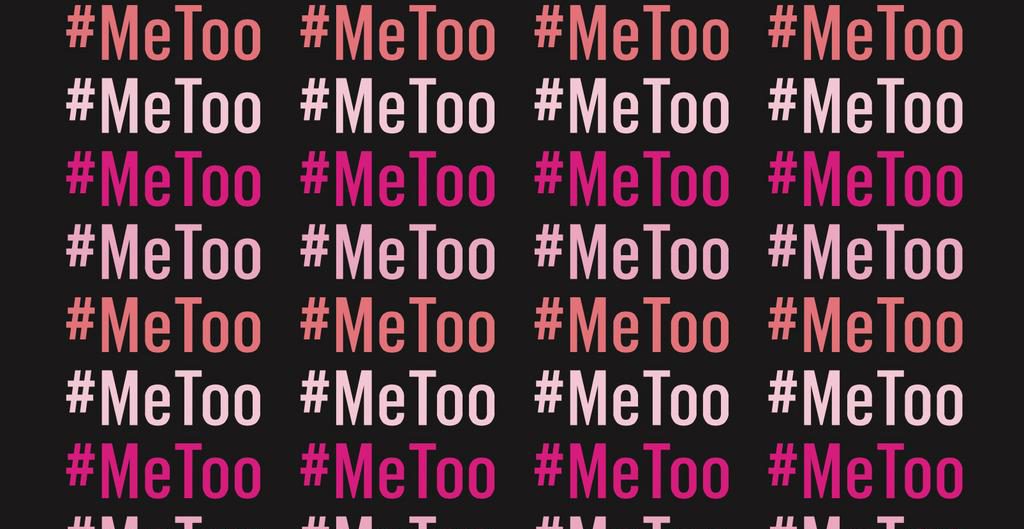Article originally published in the Philadelphia Business Journal on November 13, 2018
The #MeToo Movement is having its effect on the culture of corporate America.
Sports-apparel company Under Amour has announced that costs incurred entertaining athletes in strip clubs by company employees would no longer be treated as an entertainment expense and therefore would not be reimbursable.
According to a Nov. 5 Wall Street Journal article by Khadeeja Safda, “Strip-club visits were symptomatic of practices [that] women at Under Armour found demeaning, according to more than a dozen current and former employees and executives. … Some top male executives violated company policy by behaving inappropriately with female subordinates. … Women were invited to an annual company event based on their attractiveness to appeal to male guests, people familiar with the matter said.”
Under Amour Chairman and CEO Kevin Plank said in a statement, “Our [female] teammates deserve to work in a respectful and empowering environment. We believe that there is a systemic inequality in the global workplace and we will embrace this moment to accelerate the ongoing meaningful cultural transformation that is already underway at Under Amour. We can and will do better.”
Looks like Plank has found religion and wants to change the culture that his tone at the top permitted to exist at Under Amour.
In February 2017, Uber’s toxic culture for women engineers became public when Uber engineer Susan Fowler penned an article in which she described a toxic culture of sexual harassment towards women. Fowler wrote, “When I joined Uber, the organization I was part of was over 25 percent women. By the time I was trying to transfer to another [engineering] organization, this number had dropped down to less than 6 percent. Women were transferring out of the organization, and those who couldn’t transfer were quitting or preparing to quit … [in part] due sexism within the organization.”
Within days of publication of Fowler’s blog, Uber CEO Travis Kalanick tweeted, “What’s described here is abhorrent and against everything we believe in. Anyone who behaves this way or thinks this is OK will be fired.”
Like Plank at Under Amour, Kalanick came to the realization that change was necessary. It was Kalanick’s tone at the top, however, that created the toxic culture at Uber.
On Nov. 1, thousands of Google headquarters employees staged a walkout, protesting a culture within the company that tolerates sexual harassment, and a reported $90 million severance package granted to Andy Rubin, co-founder of Android, who faced multiple accusations of sexual harassment from female employees, according to The New York Times.
In an interview with Zoë Bernard of Business Insider, Google CEO Sundar Pichai apologized, and said, “This anger and frustration within the company — we all feel it. I feel it too. At Google we set a high bar and we clearly didn’t live up to our expectations. The first thing is to acknowledge and apologize for past actions. Words alone aren’t enough, you have to follow up with actions.” Pichai said, “I want to acknowledge the women who … [report incidences of sexual harassment],” he said. “It takes extraordinary courage and we want to support them better.”
So, what is the lesson for all CEOs? Those who ignore the #MeToo movement are tone-deaf to the societal change in what is acceptable behavior toward women. Issuing statements about ending a toxic culture without acknowledging that you shape that culture is somewhat disingenuous.
Get out in front of #MeToo and other types of issues that could impact your company when you become aware of them. You don’t want to appear as being complicit by ignoring them. It is better to address the issue within your culture before it becomes news and a social movement like #MeToo forces you to publicly acknowledge and address them.
Stan Silverman is founder and CEO of Silverman Leadership. He is a speaker, advisor and nationally syndicated writer on leadership, entrepreneurship and corporate governance. Silverman earned a Bachelor of Science degree in chemical engineering and an MBA degree from Drexel University. He is also an alumnus of the Advanced Management Program at the Harvard Business School. He can be reached at Stan@SilvermanLeadership.com. Follow Silverman on LinkedIn here and on Twitter, @StanSilverman.

